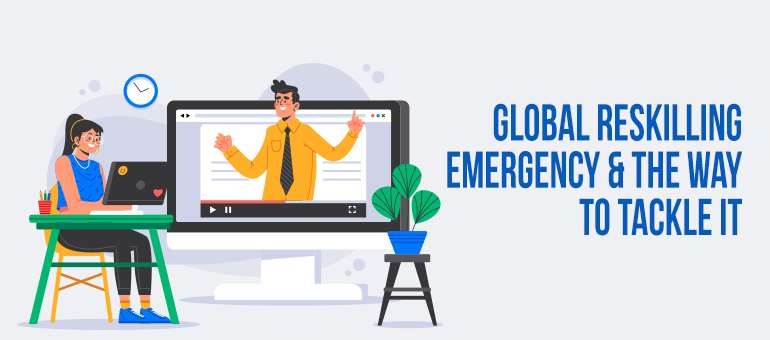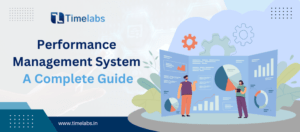It is estimated that over a billion individuals will need to be reskilled by 2030 to keep pace with the dynamics of innovation and marketing and accelerate career progression. One in three workers predicts their employment will be digitized during the next five years. Disruptive technologies like Artificial Intelligence (AI) and automation are putting pressure on the global workforce to reskill at an unprecedented rate.
To attract and retain top talent, companies must employ Human Resource Management Solutions and offer employees the opportunity to learn new skills and reskill in order to improve their health, finances, and well-being. When just one out of every five employees believes that their ideas are valued at work and only one out of every five has the flexibility to try out new approaches, we can confidently claim that the current work paradigm is flawed.
A New World Order Requires a New Set of Rules
The twentieth century was about improving efficiency and executing tasks the right way rather than simply doing the necessary things correctly. The leaders of the future will focus on reskilling and upskilling their workforce, which will lead to a rise in intellect and productivity.
In order for a company to keep up with the pace of innovation, it must cultivate a learning mentality at both the organizational and individual levels using HRM Software, and reassess its objectives and the commitment to learning.
Human resources and businesses executives are putting less than a third of their resources into training their employees for the future of work. Quantifying the influence of new technologies on current occupations and matching skill sets across work families may be accomplished with the assistance of data aggregators and people management systems.
Overcoming the Reskilling Crisis with Intentional Learning
By 2022, the Fourth Industrial Revolution is expected to produce 135 million new employment, according to the World Economic Forum. By 2022, 48% of the essential skills necessary for most professions would have changed. The global layoffs in different business sectors are the basis for these forecasts.
Even before the COVID-19 epidemic, the concept of a steady career for life had begun to fade, replaced by the growing expectation that workers constantly update their skills in order to remain competitive in the labor market and remain of interest to potential employers. Furthermore, the COVID-19 pandemic-induced advancements in technology have hastened significant alterations in the working habits of the population.
A new set of skills is more critical than ever in light of the outbreak. While many firms and people are struggling to fulfill their reskilling goals, this is not the case if an HRIS solution is used.
Treating every event as a chance to learn is a key component of deliberate education. If one is willing to see every contact with another person as an opportunity to learn, then one might gain a great deal just simply going about one’s daily business.
Learning is not a distinct activity from work or an additional effort for deliberate learners, but rather they see every moment as an opportunity to expand their knowledge. Learners are always in the mode of learning, and they are extremely aware of the chances available to them in their surroundings and experiences. Despite the fact that they go through the motions of a typical day like everyone else, they derive greater value from it because they see everything as a chance to improve themselves.
Aiming For The Future
Corporations and training businesses are the most important participants in this game of continual learning of skills. Job trends may be predicted, either for changing current positions or for creating new ones. They require a clear perspective of these patterns to help them plan for the future training of their employees.
Learning habits have changed significantly over the past several years for both Gen Z and previous professionals who accepted new technology.
After a course or training, micro-learning is the most effective approach of strengthening the concepts learnt by repeating and rehearsing the subject in a series of little lessons.


